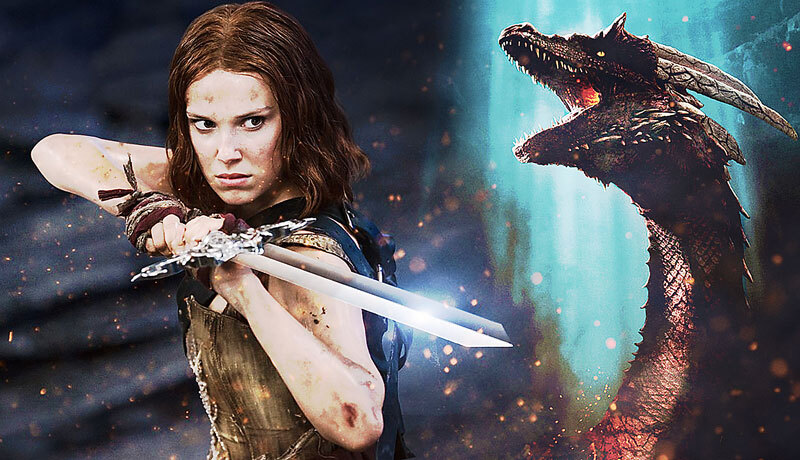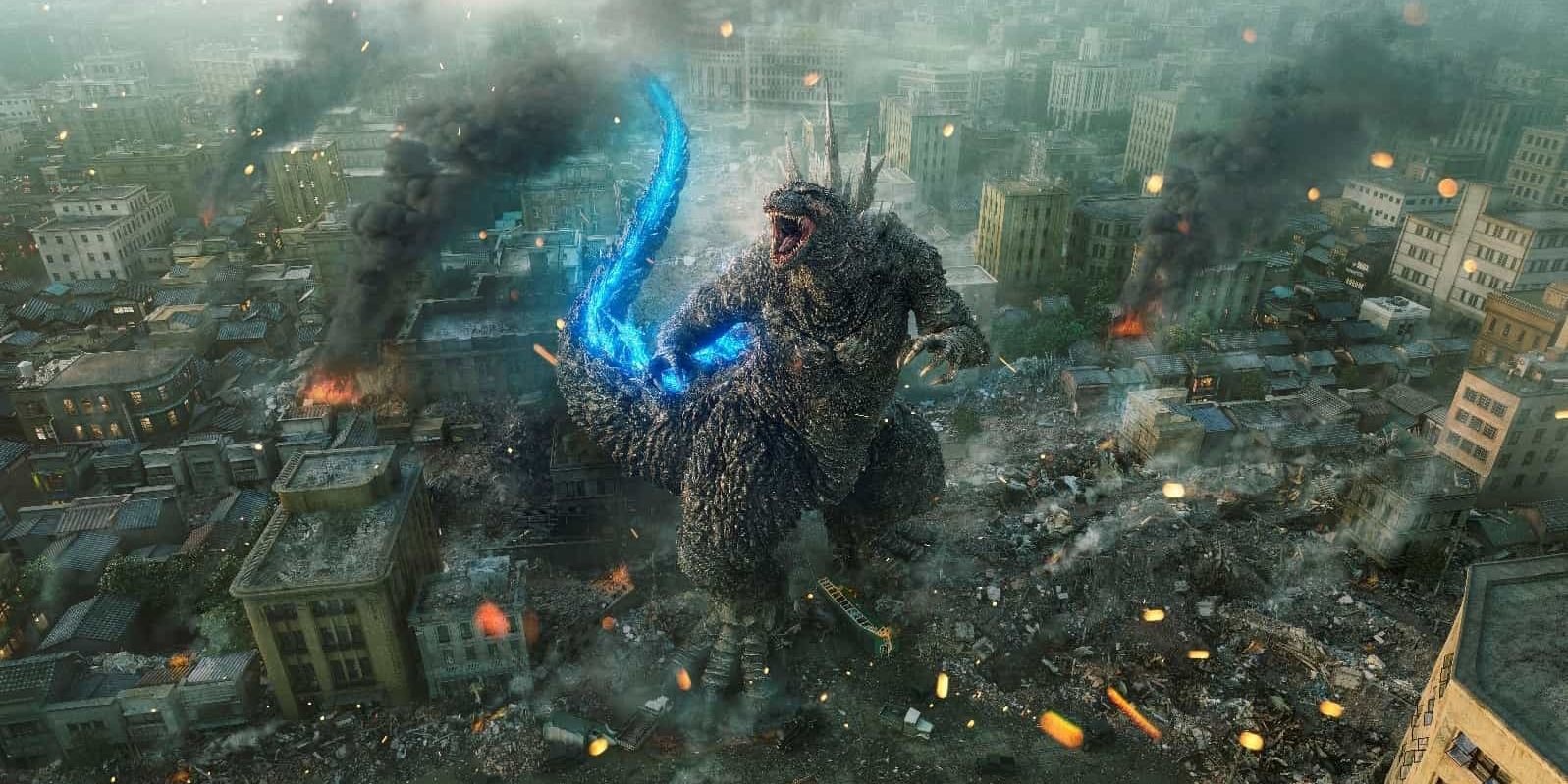Ancient fairy tales taught us how to tame chaos, while modern tales teach us how to unleash it. As a result, when we come to confront the dragon, we burn the map leading to the treasure and extinguish the lamp in the dark cave.
No illusions: Netflix's latest hit, based on a “feminist fantasy novel” of the same title, was bound to end up as a major inflammatory tentpole. However, it must be said that she was a very attractively persuasive campaigner. Stranger Things star Millie Bobby Brown shines exceptionally well amid beautiful costumes, stunning design and historic interiors (scenes were filmed, among others, in Batalia, Portugal, and at the Templar Castle of Tomar). The special effects are as good as those found in successful Hollywood productions, the action scenes are suspenseful, and the music complements the visual experience perfectly, helping to transport us to a land full of magic, dragons, kings, and knights.
At first, the plot can also arouse interest: the provincial noblewoman Elodie (Brown) receives a marriage proposal from the prince himself. However, the dream wedding soon turns into a nightmare. Instead of being in front of the altar, the would-be princess is sacrificed to the dragon. At the bottom of the cave, a stricken and distraught Elodie begins her fight for survival; However, the sugar-coated fairy tale immediately gives way to a full-on thriller.
Unfortunately, Juan Carlos Fresnadillo's work gradually reverts to excessive feminist zeal. Watching a young, frightened girl turn into Rambo; He jumps on sharp rocks, swings a sword, fights a dragon, escapes the worst of difficulties, and in the process suffers torture that would send many people to their graves, and would give many viewers shivers of embarrassment.
The dragon does not exist!
Aside from the libertarian kitsch, which is ridiculed even by liberal leftist cultural portals, “Girl” commits a far more serious sin. Like Disney's “Maleficent” (in which the positive character turns out to be Diabolina, played by Angelina Jolie), the film adaptation of Evelyn Skye's novel is an exceptionally smug subversion of one of the most beautiful literary genres, and at the same time a moral education. Act on the basis of ancient wisdom.
In Netflix's anti-fairy tale, the king saves his own skin by paying with the lives of his daughters, the father sells his firstborn son for gold (although he later wants to atone for his deed), and the knights are a bunch of cowards and losers. The prince is naughty in the service of his mother. Turns out an evil stepmother is a best friend, honor, courage, and strength are the exclusive domain of women (even dragons are female), and the greatest villains are nobles.
At the same time, we all live in a world of symbols, and symbols live in us. Myths and legends say much more about us than we think, and the postmodern movement, for which the play with form and content is something very original, seems to forget. It is no coincidence that the heroic epic is a constitutive element of culture in all latitudes. For example, the dragon in medieval mythology is a symbol of Satan and sin; The merciless enemy of man. The pre-Christian narrative also commanded the monster to be killed and not to fraternize with him – as modern interpretations of this myth indicate.
Psychology Today interprets the eternal symbol in therapeutic terms: only acknowledging and confronting weaknesses brings healing. It was no coincidence that he fought to the death; Not being able to slay a dragon means agreeing to a slow death while living. Our ancestors knew this long before Freud and Jung; This is just one example of why myths – although completely fictional – simultaneously contain the deepest truths about human nature.
“There has been a strange myth in the Western world that we can start over, change human nature, human society, and the possibilities of happiness; “It is as if the knowledge and experience of our ancestors are now completely irrelevant,” Roger Scruton is reported to have said.
Indeed, the modern world, in a mad frenzy, continues to cut off the branch on which it sits. He had already killed his father, assassinated a good king, deprived a knight of his honor, and at the same time crowned a monster. By removing the foundations of order, modern man stripped his life of any meaning (except destruction itself).
Ancient fairy tales taught us how to tame chaos, but modern tales teach us how to unleash it. As a result, when we come to confront the dragon, we burn the map leading to the treasure and extinguish the lamp in the dark cave. But no matter how long we tell ourselves that the dragon does not exist, it will still haunt us. Until one day it catches up with us forever.
Piotr Relić

“Amateur social media maven. Pop cultureaholic. Troublemaker. Internet evangelist. Typical bacon ninja. Communicator. Zombie aficionado.”




![[24tp.pl] A touching film was made about Ludwik Młynarczyk. [24tp.pl] A touching film was made about Ludwik Młynarczyk.](https://img.24tp.pl/news/119277/mlynarczyk1.jpg)




